|
‘This is the age of anglophobia. England now faces a crisis of cultural identity and the crisis exists, in the frequently quoted words of Antonio Gramsci, in the fact that the old is dead and the new cannot be born. In the interim, Gramsci predicted, all sorts of moribund causes would emerge.’ You would be forgiven if you thought the above was written at any time over the last few months but these words appeared in print in the NME in July 1986, in Don Watson’s article derived from his interview with Matt Johnson, on the eve of the release of The The’s Heartland single. This was Johnson’s take on the state of England, appearing on the album that also cast a jaundiced eye at our special relationship with America. This is the state where pensioners are raped/And the heart is being cut from the welfare state, he sings and thirty three years later that welfare state has been put through the mincer of successive Tory governments as our elected officials wash their hands of as much responsibility as possible towards supporting those it supposedly serves. But it is in the song’s finale that Johnson delivers his sucker punch with perhaps the most resonant phrase of his musical career, a refrain so memorable in composition that it became the de facto chorus. When he and his backing singers sang, This is the 51st State of the USA, little did he know that being a vassal state of America, in the era of Thatcher and Reagan, was nothing compared to the potential fate of the country decades later should the crooks steering the Brexit ship through our democracy get their way. Evading EU regulations and laws and crashing the economy so investors can asset strip the country at bargain basement prices, doesn’t look like ‘taking back control’ unless you are a member of the elite cabal behind a Trojan horse so obvious it is practically see-through. US companies have been lining up to buy the NHS and our education establishments for years - hell, Jeremy Hunt even wrote a book about the former prospect - and should they get their way then you would have to say that we will not be the 51st State so much as a colony of the American Empire. Factor in the recent moves of US private equity firm Blackstone, which is investing heavily in the UK property market then not only will our health service and schools be largely owned by American corporations, but your future landlord might be one too. Greg Palast outlined the great British Sell-Off in The Best Democracy Money Can Buy (2003), but the process of handing over every remaining resource in the country will go into overdrive if Brexit happens, and the fact that American money, and players like Aaron Banks are standing in plain sight behind the likes of Cummings, Reese-Mogg and Johnson kind of gives away the true nature of the Special Relationship. 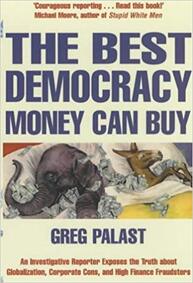 If Thatcher and Reagan spearheaded the neoliberal backlash in the eighties then where we are at now is a world where vast corporate power seems intent on taking complete control. America used to colonise weaker countries in Asia and South and Central America, but now it has zeroed in on Europe. The role American banks played in hollowing out Greece seems to have been forgotten and the US vultures have been circling over Britain for several years, patiently waiting as British politicians and businessmen, desperate for fame and money, have used a heavily-funded and legally questionable propaganda campaign to convince enough of the population that leaving the EU will make Britain great once more. In this they have evoked the English Civil War with their calculated rhetoric, acting like Royalists in their trashing of parliament whilst repeating ad-nauseam that democracy must be upheld when it comes to the referendum vote. Quite where democracy will come into things in a country where education and health care are handed to the highest (American mostly) bidders and worker’s rights trashed - amongst other things - is never really discussed of course. Just how can you have a democracy when education is privatised alongside practically everything else. When everything is privately owned, then what the fuck is there left to vote for? Is this what they mean when they keep banging on about upholding democracy? The amount of turkeys voting for this demented Christmas is truly depressing, a populace who on the one hand have been conditioned to fall for the bullshit idea of a return to past glories of Empire, and on the other conditioned to believe that despite a catalogue of governmental disaster these last 9 years, with borrowing going up like it has overdosed on Viagra, the worst thing in the world is in fact Jeremy Corbyn. I have no idea how Labour’s current leader would fare as PM but I have met quite a few people who when I ask them to explain why they ‘hate’ Corbyn cannot answer the question; the conditioning hasn't included reasoning, only the simple thought that the worst performing government in living memory is still preferable to a Labour party led by a man who is, well, nobody is really sure but it is something to do with the evils of Marxism, and Socialism (they can’t explain what these are either) and hating Jews and practically being a member of the IRA or something. So on it goes and we head to the polls in December, a nation lurching around like a drunk at a kids party, wondering why nobody has got a spare Rizla, and meanwhile the rest of the world looks on slightly appalled, but equally enthralled, like a crowd rubber-necking at a spectacular car-crash. 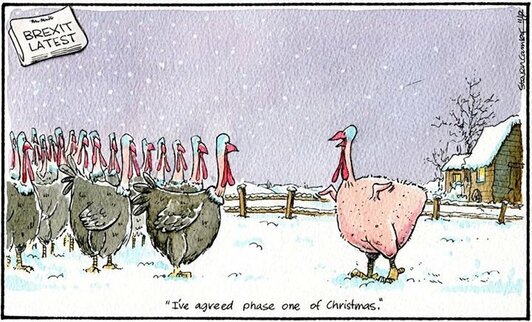 I don’t need to go into all the details of the dark arts that have been employed by those pushing for Brexit, with dirty money links to Russia and America. Those of you reading this no doubt already know the whole story and most of its details, and if not you are simply a bot being run from somewhere in Eastern Europe. It is, however, worth dwelling on the sheer grotesque spectacle of the misfits who have seized control of government and the Brexit agenda, who must appear to the political world of Europe like a conspiracy theory dreamt into life by a mental patient: Cummings, a man with such a collection of chips on his shoulder he needs salt and vinegar on the other; an elite anti-elitist with a shady past in Russia and a try-hard attitude to sartorial inelegance. Jacob Rees-Mogg, a man who has taken Victorian cosplay to such an extreme he is probably fashioning plans for another expedition to find King Solomon’s Mines once this Brexit business is done and dusted, and who spoke at a dinner run by be-kilted Gregory Lauder-Frost who does his best to appear as though he would like nothing better than to resurrect the Monday Club in order to get on with their unfinished repatriation business. I don’t think I need to wax so lavishly when it comes to their leader, Boris Johnson, not when four simple letters will do, and the same goes for the man who has done his best to put the education system back into the dark ages whilst looking like a Thunderbirds puppet - Michael Gove. But these misfits are just the four most visible puppets while the actual puppet masters in America and, it would seem, Russia can clearly be seen pulling the strings. Both would be glad to see a weakened Europe. Both have leaders who play fast and loose with democracy, coming across as though they are auditioning for the part of the baddie in the next Bond movie. Trump looked so pantomime-villain-bad in his election campaigning that it was hard to accept anyone would fall for voting for him, but that was to underestimate just how simple and broad the strokes need to be when presenting an image to the world these days. We are practically at the point where political discourse is no more complex than Four Legs Bad, Two Legs Good. Perhaps we can have that emblazoned on a red bus in the run-up to December’s election just to see if it results in a sudden rise in hate-crime towards England’s pet population, though Cummings, that elite anti-elitist, might struggle with even that - I mean, are all Two Legs Good? Such is the surreal nature of our political landscape at present it is hard to separate the satire from the fact it strives to satirise, and so the Brexit farce limps onward, a can being kicked down the road - our version of fiddling while Rome burns. And Brexit does have the whiff of end-game about it, a kamikaze last fling of the loaded dice. Whilst they still proclaim that leaving the EU is ‘taking back control’ what they avoid saying is just who is taking back control from whom. Looked at starkly the ‘common man’ voting for Brexit stands to gain little more than the right to continue with their delusions that a bunch of toffs, dodgy Yanks and rich white men give a tuppenny toss about the working classes of this country. Encouraging them to get behind a war against the middle classes is merely to ask them to applaud the sawing-off of all those middle rungs of the long ladder separating themselves at the bottom from the entitled wankers at the top. Should they succeed then welcome to a modern feudalism, Britain as a banana republic without the hot sunny weather or tropical fruit. The reality of the Brexit design is much closer to selling off huge numbers of your own population into a life resembling servitude and slavery than anyone cares to admit. It worked once when there was wealth to be plundered far from home - this time round we are the plantation, those in power the plantation owners, and those gaining the real wealth - America. The irony of a nation who once colonised the four corners of the globe led by buffoons evoking empirical glory in its campaign that will see Britain become a colony itself would be hilarious if it wasn't so tragic. Meanwhile, when we need some Levellers, Ranters or Diggers we have a seemingly ineffectual Labour opposition. When we need truly revolutionary words like those of the pamphleteers of the mid-seventeenth century we have a media owned and infiltrated by the Far Right in all its guises. Maybe we need another The The album? Here comes another winter of long shadows indeed
0 Comments
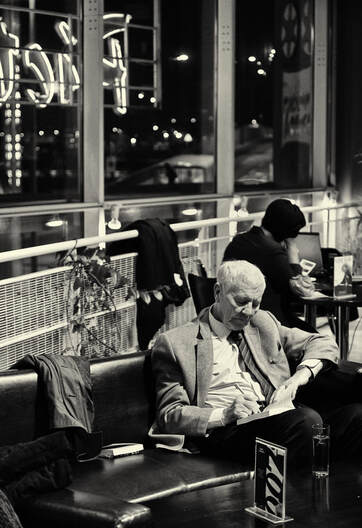 It was with great sadness that I heard the news last weekend that Eddie Johnson had passed away. I had the pleasure of meeting Eddie on several occasions and as well as being a real gentleman he was big-hearted and generous of spirit. He was also a great story teller. Many of these stories appeared in his memoir, Tales from the Two Puddings, and as fine a book as this is, it was even better to hear Eddie tell these stories and many others in person. I had the pleasure of doing this on several occasions at events when he was reading from the book, and talking about his life as a landlord. What often struck me was that Eddie, in telling a particular story – for example, the one in his book, about ‘the Colonel’ - would finish with a pause and a look in his eye that suggested he was wondering about the untold stories that each of his own suggested. Where did these people come from, and where did they go? He was a good writer because he recognised that all good writing is essentially about the story. He was also very funny when talking at these events and would usually have the audience in the palm of his hand, like any narrator worth his salt should. This love of stories came from his family, from a time where talking and telling stories was much more central to our social experience. Also from trips with his mum to the cinema, and later from reading. Whilst working on the docks he was amazed to find that a significant number of his fellow workers were particularly well-read. Inspired by them he read political tomes about Marx and Simon Bolivar, as well as fiction by Dickens, Tolstoy, Camus and George Orwell amongst many others. He grew up in an age where the idea of bettering oneself and improving ones station in life could be seized upon with relish and could be achieved by self-education combined with hard graft. The benefits of this, financial and otherwise, he was able to pass on to his own family. He, and his wife, Shirley, gave their children license to explore and think about the world in creative ways, and instilled a love of music, art, literature and cinema in them. And so they grew up as musicians, artists and film-makers, making him as proud of them as they were of him. It must have given Matt great pleasure to publish his dad’s memoir and thus allow a talent he had always had reach its deserved audience. 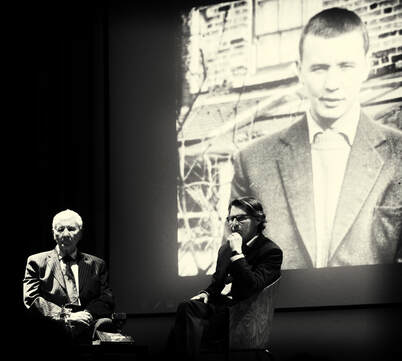 Eddie helped significantly with the early stages of the book I have written about his son, via interviews and many emails. I found his life story fascinating and it was a rewarding experience writing about it. Both Matt and I were keen to make Long Shadows, High Hopes not just a book about Matt Johnson and The The, but also one about family, and a period in history that saw the working classes benefit, through the work of the Labour movements, and in particular the post-war creation of the welfare state, in ways unique to our history. My own father, like Eddie, grew up in relative poverty but he was also unafraid of culture that was supposedly out of the remit of his class, and also unflinching when it came to seizing the day; of working hard to better himself and provide a better world for his family than the one he grew up in. Sadly, the advance of the neo-liberal and neo-conservative agendas over the past few decades has almost completely destroyed the world of upward social mobility. Having put the working classes back in their place, having diluted their identity, the powers that be are now working on the destruction of the middle classes. As a politically astute man this current state of affairs angered and saddened Eddie Johnson, I am sure. It must be disappointing to forge a better world for your children, only to see that world diminish for your grandchildren. However, though he was a realist, I get the impression he was also an optimist, and as such believed that the struggle for truth, fairness and justice in this world will continue. At a time when we are being led to believe there is a generational divide in this country I think it is worth remembering the actual truth of the matter – that there are many, many of our fathers and mothers whose efforts are worth preserving; that generations that follow our own need to know that the world wasn’t always this bad, and that a better world is always possible. Here’s to Eddie Johnson, and all the good and honest people like him. Before I embarked upon Matt Johnson's biography I was working on a follow-up to my first book, about East London beyond the boundary of the River Lea. This project was never completed, but you can read a piece I wrote about Eddie here, after interviewing him one afternoon in Shoreditch
Like the old adage of waiting forever for a bus before three come along at once, news from Cineola HQ last week involved not one but three significant announcements about The The. Of course, if you are a fan you will already know what these are – more screenings of the Inertia Variations documentary, in London, Manchester, Sheffield and Bristol, the new Trilogy box set (which will be marked with a Classic Album Sundays event) and most surprising and exciting of all news of live dates at the Royal Albert Hall and the Heartland Festival in Denmark. Such was the online clamour for tickets that the Albert Hall gig sold out in seven minutes and an extra London dates were added at the Brixton Academy (also sold out) and Troxy. I can't reveal what I know about the band line-up so far, but trust me, you won't be disappointed.
The Inertia Variations has already been screened in Sweden, Denmark and at the Edinburgh Film Festival, none of which I was able to attend, so I am looking forward to the London screening at the ICA, where Matt and film-maker Johanna St Michaels will be doing a Q&A after the screening. For those who haven't yet seen it, the trailer below should whet your appetite.
THE INERTIA VARIATIONS trailer from THE THE on Vimeo.
Hopefully when these concerts take place the authorised biography will be on the shelves or about to hit the shelves. Progress has been good this year, despite set-backs and recent meetings with Matt have sped things along nicely. The delay in finishing means the above developments will all be covered in the book, though obviously I won’t be able to write about the actual live performances. I am confident however that I will be able to detail how they came to be, and talk to some or all the people who will be performing. Whilst working on the book I have had more than one conversation with Matt about the prospects of playing live and while I always suspected it would happen I must admit I was taken by surprise when I found it out last week. It's great news. He has always been a fan of boxing and right now I get this image of him as a fighter who is in training, getting fit again, ready to step back into the ring. Matt, being the perfectionist he is, has already planned a pretty intense rehearsal schedule so the band will be tight as the proverbial nut by the time next summer rolls around.
As I write this I am conscious that Mister Orange over the pond is giving it the 'big 'un' about bombing North Korea off the map, and though Trump is a bullshitter, the sort of guy who only offers someone out when his mates are holding him back, it seems somewhat fitting that The The are going to be on stage again. 'Armageddon Days' seems a shoo-in for set-opener, don't ya think?
 The book is now with Omnibus Press, who have been publishing books on popular music for as long as I can remember. In fact the first book on music I ever bought, way back in January 1979 was published by them. Ray Stevenson’s Sex Pistols File is quite an interesting book in retrospect – which is not to say it wasn’t when it was first published in 1978. A book purely made up of pictures and the odd newspaper clipping, it was significant at the time because it brought everything image-wise about the brief career of the Pistols in one place, and for such a visually arresting band, the format made perfect sense. It makes the ideal companion for Jon Savage’s England’s Dreaming, published a decade later (although fans will also be tempted by Johan Kugelberg’s recent God Save The Sex Pistols). 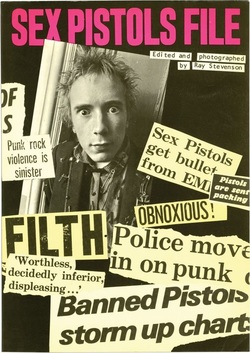 But going back to the late seventies and even into and through the eighties, it strikes me that books about music weren’t taken that seriously on the whole. Compare that to today when the shelves of big bookshops are fit to bursting with music books of every stripe. Pretty much every artist with any kind of career has been written about (although Killing Joke are one who seem to have slipped through the net now I think of it) and every genre has been covered. I guess one obvious factor is that we have been through another thirty odd years of music and popular culture and not only that but there has been a fundamental change in this culture that has reduced the significance of music in our cultural lives. There should be no doubt by now to most observers that music does not hold the central importance in the lives of young people in the same way it did for previous generations. It holds no physical presence in the digital age for one thing and, though it is everywhere there is no shared focal point like Top of The Pops was in the past. The fact that, for most young people, music has been completely de-valued by becoming free, or as good as, has ironically turned music as a whole into a product to consume, but the actual product – i.e. the individual work of an artist – has been completely cheapened. What pop consumers pay for now (and what therefore holds value) is the technology – the mobile phone. As a teacher (and any parent will tell you the same) I can testify to the fact that young people today put their smart phone above absolutely everything else, and music is just a small part of its appeal, increasingly way down the pecking order compared to the moving image. Behind social media, and games, streaming movies and television shows are king. You Tube is more popular than the content it holds – it is a brand, like Apple that even small children identify with. The equivalent would have been youth in the seventies being more into EMI than they were The Sex Pistols. Wearing a CBS t-shirt rather than a Clash t-shirt. Let’s face it, as a teenager were you more into the manufacturer of your record player or your actual record collection? 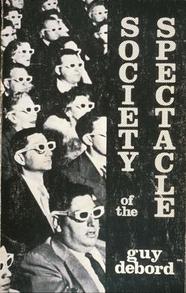 You’ll have to forgive me for what might appear to be random musings; after all, what has all this got to do with the deadline for my own book? Well, I think it is linked to why the bookshelves are stacked with so many music books. Simon Reynolds looked upon this issue with Retromania and one can’t help feeling that there is so much interest in retro because looking back increasingly seems to be all we have. It’s not that there isn’t a future but that maybe there is no future in the current model of popular culture. Pop culture is, at heart, an American phenomena, and if you consider the possibility that American culture is looking somewhat defunct, as well as increasingly dysfunctional - the possibility that the American Empire might be seriously on the wane - then that would go some part towards answering why we are in the state we are in. In an age where the future is scary or unthinkable, is it any surprise that we cling resolutely to the past. There is still an artistic culture of course but it is so fractured and fragmented that it can barely be seen or heard. The collapse of what you might want to consider as consensus when it comes to pop culture, together with the impact of digital technology has changed everything. The teenager was a social construct of a certain age and perhaps that age is over. In fact you could argue that the seeds of destruction were sown at the very beginning. The likes of Guy Debord certainly thought so, which, via Malcolm McLaren and Jamie Reid brings us neatly back to The Sex Pistols again, and a book that was just a load of pictures. We are no longer a literate society. For anyone who still doubts this just compare a copy of the NME of 1979 with one of today – side by side – and you will see what I mean. Perhaps we are now rinsing the last few drops to be consumed by members of the last few generations who still care? In which case I better make sure I meet my deadline so I can crack on with another book about music and pop culture before there’s nothing left to write about but the spectacle. It's a delcate balancing act - rooting your music in the personal experience of a city you grew up in whilst managing to sound universal rather than provincial, but Richard Hawley pulls it off better than anyone I can think of. Having lived in Sheffield myself I am very much drawn to his songs that reference the local places that mean something to him. When he talks between songs he is the quintessential Sheffielder - down to earth, witty and devoid of any of the pretensions that are seen as the preserve of those folk down the M1. But when he sings he possesses a voice that completely belies the look of a man you might find having a brew in the local cafe; it is a voice that transports you through the history of popular music yet remains resolutely in the here and now and resonates with all the emotions that classic popular music is supposed to. Though not averse to rocking out and adding a dash of psychedelia, Hawley works best when he turns to themes of the heart. His lyrics and the music conjured up by his band is unashamedly romantic, and if there is often a touch of melancholy and often a feeling of wistfulness then this is just the workings of an adult songwriter who isn't scared to write about adult themes, such as the emotions stirred when one of your children leaves home. When I was living in Sheffield in the mid to late eighties Jarvis Cocker was still on the eternal cusp of making it with Pulp and Hawley was playing with Treebound Story, a band you suspected at the time were not going to break on through. They might have had to wait a long time, but I guess sometimes nice guys do actually win. Sheffield of the eighties was full of people who had music running through their veins, a generation who had grown up with the magical sound coming from 7 inch vinyl singles and the analog warmth of cassettes full of John Peel sessions. It takes skill to incorporate all your influences into your own music and still sound fresh, but mostly it requires genuine musical quality. That the city had plenty of talent in the post-punk era was obvious but as the dust has well and truly settled some thirty or so years later, perhaps Richard Hawley has emerged as the cream of the crop. He played a great set at the Royal Festival Hall the other night, culled from a number of his albums with the emphasis, unsurprisingly being on Hollow Meadows and Standing at the Sky's Edge. The band were excellent - tight as the proverbial nut, and Hawley seemed to be enjoying himself, relaxed and chatty between numbers. The sound was clear as a bell, as the video of Open Up Your Door above reveals. Forgive the wobbly camera work and enjoy the sound of a performer at the peak of his powers. 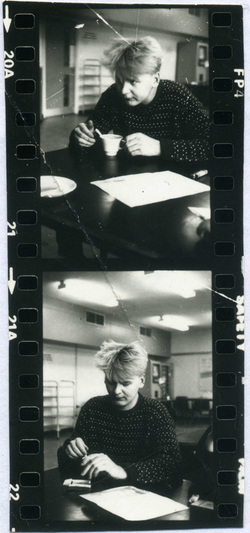 If you are a graphic artist of a certain age, or a fan of The The, then you will be aware that Andrew Johnson sadly passed away at the beginning of this year. Though I wasn’t aware of who he was back in the mid-eighties, the covers of The The records such as Soul Mining and Infected sat amid my piles of vinyl and his unique and colourful style was an instantly recognisable part of 1980’s design culture. It wasn’t until 2011 that I became aware of the family connection, when conducting research on the Two Puddings pub, for my book about East London that led me to Andrew’s website - View From Windowsill Bay. I revisited his website in late 2012 and his then most recent blog post revealed that he had been diagnosed several months earlier with a brain tumour. Reading his matter of fact words about this illness it is remarkable to consider that in April of that year he had been given just six months to live. A few months later I started work on a biography of Matt and was hoping to meet Andrew at some point to conduct an interview, keen to include him in the narrative as a crucial contributor to the history of The The. Sadly, due to to his continuing ill health, this was never to be and our only conversation was limited to a handful of short emails, one of which included his memory of seeing The Sex Pistols at the 100 Club in 1976 and years later discovering that he appears in the background of one of the famous photographs of the small crowd of in-the-know people waiting on Oxford Street before the gig started. He also told me about visits to Dark They Were, And Golden Eyed, the sci-fi bookshop then in St. Anne’s Court, Soho, pointing out that the staff were usually so stoned that it was a wonder anyone bothered taking books to the till to pay for them instead of opting for the easiest five-fingered discount in town. Though it is the artwork for his younger brother’s record sleeves that he will be most remembered for, he left behind a large body of work, that to my mind at least, is much more satisfying. Having an older sister who went to art college meant that I was privy to the joys of looking through artists sketchbooks at a young age and they often contain wonderful work that never really sees the light of day (even artists who never achieve fame have their paintings framed and on someone’s walls, but sketchbooks tend to sit on shelves out of sight).  The beauty of the sketchbook is that is contains work representing the immediacy of putting pen, brush or pastel to paper. It captures a moment that no finished painting really does. It reminds me of the adage that many musicians hold, that the first take is nearly always the best one, the version that successfully captures the essence of the music and contains its real soul. There is a wonderful economy of line and brush-stroke in these works by Andrew that is in marked contrast in mood to the angst on display on most of those record sleeves. His love of comic strip art is also evident in many of his sketches. What also comes across is a sense of humour, that is often gentle, quirky and quintessentially English. Also, a love of nature, befitting of an artist who finds themselves retreating from the city towards the landscape - in this case, Suffolk - where Andrew spent the last years of his life, enjoying the environment on his doorstep, walking through it and observing, the way an artist is wont to do, those small moments of simple beauty in nature. I would recommend a visit to Andrews blog, which remains on the Internet. Here you can see some of the work from his sketchbooks, as well as his prints and even artwork from his childhood, including drawings of his beloved West Ham United. Not only was he a fine artist, but also a very good writer, with an unfussy voice and an economy with words that mirrors his draughtsmanship. I expect he inherited this from his father, Eddie, as the sense that you are sitting in the same room listening to them, is familiar. Andrew Johnson was a fine illustrator, some of his fully realised work reminding one of the great artists of the field whose work furnished books or prints in the first six decades of the twentieth century. Many of these did so for the Curwen Press, whose print works in Plaistow were within walking distance of the pub he spent his childhood years living above.There are plans to publish a book of the best of Andrew’s work, and hopefully too, some of his writing. Matt had been working on this project for some time with Andrew and with the help of Kevin Foakes (aka DJ Food) it will be brought to fruition. Expect another post when a publishing date approaches.
,I have been reading crime fiction for around thirty years, stretching back to the days when it still had something of a grubby reputation, one notch up from sci-fi. It was still considered pulp fiction and was clearly not to be mistaken for anything as elevated as literature. Back in the eighties of course the healthy flow of excellent writers from America was set to turn the tide of opinion. But aside from Belgian creator of Maigret, Georges Simenon or Swedish husband and wife team, Sjowall and Wahloo, European writers whose work was published in English, however, were decidedly thin on the ground. Then two decades on from that new wave of American writers (Leonard, Salis, Elroy et al) publishers started to tap into a new market of crime fiction in translation.
Whilst the intelligentsia have finally accepted crime fiction as worthy of their attention, it is fair to say that, in general, the literary standard of most of the actual writing hasn't really changed. In fact, as enjoyable as much of the European writers are in reading, it might be said that the standards of crime fiction itself have hardly risen, as various cliches are trotted out time and again in order to meet the demands of the market. Which brings me, somewhat long-windedly to the masterful writing of Sicilian author Leonardo Sciascia, who began writing crime fiction in 1961 with The Day of the Owl. Though he wrote other books, it his crime writing that he is now remembered for - much of it political. His output has been published sporadically in translation by small presses since the late 1980’s, but it wasn’t until the Granta reprints of a couple of years ago that I came across his work myself, and he is already one of my favourite writers. Sciascia doesn’t use the stock in trade tropes that most might expect and be familiar with. He has detectives to be sure, but they are often powerless or complicit in the crimes being investigated. Being set in Italy, this might perhaps come as no surprise, as famously corrupt as the country is. And so, in a novel like Equal Danger, the detective doesn’t proceed to crack the case in any way that is designed to satisfy the reader. The guys in white hats don’t win in the fiction of Sciascia. Instead they are drawn deep into the spiders web of political corruption of the state - be it at local or national level. In his key works, the guilty aren’t serial killers, rapists and other specimens of the lower orders - they are the people right at the top. The Moro Affair - a work of non-fiction - was published in 1978 - written that summer in the immediate aftermath of the actual events and death of Italian politician Aldo Moro, who had been prime minister five times and at the time of his kidnap and subsequent assination was President of the Christian Democratic Party. The straight-up story, as reported at the time and accepted for much longer, was that Moro was kidnapped and then murdered by the Red Brigade. The official version of events however has since been called into question. It is not that the involvement of the Red Brigade is being refuted, but that they may not have acted without assistance, with a number of theories as to the most likely suspects - ranging from the P2 masonic lodge to US and Israeli intelligence. Sciascia acts as detective through the only evidence available to him - the letters that Moro sent during his captivity. He does this by a deft linguistic analysis that, whilst naturally concluding in theory rather than fact, still proves quite devastating as he casts his net wider and looks at how language is used by Moro to damn the language used by his treacherous party members, as well as their act (which ironically is their own inaction). Though we have to allow for what might be lost in translation, it is clear how finely and precisely Sciascia uses language. Reading his work is a reminder of how casual most writers are, and how much this matters. Only such a controlled exponent of the written word could so clearly reveal how language is used to obfuscate, to deceive, and divert from the truth. But he doesn’t stop there. He also shows how language is linked to memory and how it can be used to reinforce a historical perspective that may not actually be true. He uses the following quote from the Borges short story, Pierre Menard, Author of Don Quixote. Historical truth, for him, is not what had happened; it is what we judge to have happened. This comes as early as page 24 and so, early on, he unfolds a message that not only reveals his own measured scepticism but serves as a constant reminder as to the need to be vigilant, to be analytical, to question. You do have to be a careful reader of course and that is another pleasure of picking up one of Sciascia's books - he forces you to slow down and in doing so recover the pleasures of reading, not just for pleasure but for intelligence and insight. Sciascia’s book has an important message. It is less to preserve the memory of Moro - a man of many faults after all - more to preserve the memory of what happened, as opposed to what was judged to have happened. Moro’s letters increasingly point out the fact that the state’s refusal to negotiate with terrorists (by freeing prisoners in return for the life of one of their own), when other states have proven to be prepared to do so, means they are complicit in his murder. In one letter he goes even further by referring to “cases of guerrilla warfare (or anyhow of virtual guerrilla warfare)”. It is within the parenthesis that he cuts to the quick. Blink and you miss it but Moro is quite reasonably suggesting that the act of terrorism that will lead to his death is not the same terrorism that the public thinks it is. It is perhaps a flash of intuition on Moro’s part but the implication is that the hidden hand of the state is the only thing that makes the Red Brigade’s acts - at least in this instance - possible. The betrayal of his party members is drawn out agonisingly by Sciaiscia, using Moro’s own words as well as the writer’s commentary and analysis. Though those who betrayed him survived and prospered Sciascia offers the following; “The deadman speaks in the dreams and nightmares of his friends. And he is still speaking.” Ask yourselves - are you listening? In The Knight and Death, published ten years after The Moro Affair, a much shorter book (barely 54 pages in the latest Granta edition), Sciascia uses fiction to shine a light on much the same subject. Here, an unnamed detective suffering what we gradually learn is a terminal illness, uses the knowledge of his own impending death to dare to question the official narrative of the murder of a lawyer called Sandoz. Whilst his chief - who has the rest of his life to live and clearly does not want to shorten it, believes that Sandoz was murdered by a mysterious revolutionary group called The Children of eighty-nine, the detective believes that powerful businessman Aurispa is involved in the crime. In musing over the case with his chief he says; were the Children of eighty-nine created to murder Sandoz, or was Sandoz murdered to create the Children of eighty-nine? This brilliant piece of analysis (remember that this was written in 1988) is countered by the chief with the words, “As far as I’m concerned, and as far as this office is concerned, I proceed on the basis of established fact. Sandoz received menacing phone calls from the Children of Eighty-nine; Sandoz was murdered; the Children of Eighty-nine have claimed responsibility. Our job is to find them and bring them, as they say, to justice.” So on the one hand we have the unnamed detective looking for historical truth, and on the other the chief only interested in what is judged to have happened. And again Sciascia looks at the link between language, history and memory. On page 49 comes this: Memory was to be abolished, all Memory; and similarly those exercises which aimed at making it flexible, subtle or retentive. With the abolition of memory, of course, the possibility of challenging what has been judged to have happened, of revealing the truth behind the lie, is gone. All hope vanishes like the picture of an old fashioned television, reducing itself to a white dot on a black screen when it is turned off. Truth flatlines. In the devastating last chapter of The Moro Affair Sciaiscia reveals to the reader the secrets of our predicament. This is what they do. And if you look closely at the shadows his careful prose throws up between the lines you can make out just how they do it. And still they do it. Like an animal driven mad, scratching at a wound, unable to stop. These books, written ten years apart, are so prescient it seems uncanny, but if Sciascia were alive and writing today he would no doubt be reminding us that we have been here before, albeit on a local (to him certainly) scale. A blueprint remains a blueprint however - sadly memory of the blueprint has not been abolished. Sciascia plants clues throughout his texts, but at the same time he makes the reader work, makes them think, and then they, perhaps, become like the detective who ends up guilty of knowing the truth. Seminal article from 1992. Funny how the mind plays tricks, but I was talking about this recently with someone and though I recalled the impression it had on me remembered it as being written by Kowdo Eshun, who himself wrote for The Wire, and would write a book around the subject a few years after the piece was published. But on digging out the article itself I found that it was in fact written by Mark Sinker who probably doesn't get the credit he deserves. Anyway...for your enjoyment, and possible eye strain, here it is - and note how the phrase Afro-Futurism doesn't even appear.
Just the same old same thing
Come on, sign up
To Outer Spaceways Incorporated
Sun Ra Arkestra - whose first set at Cafe Oto, Dalston, June 9th was swinging and sublime. Cheers to photographer Gerald Jenkins for inviting me along. He has been photographing the Arkestra on their visits to London for some time now for a forthcoming book. You can see his photographs (much better than mine above I can assure you) and his other work at his website. Some of his pictures possess a strange sense of mystery. Check them out here. Sometimes it seems to be so dark we forget that we are not alone. All it takes is the smallest flicker of light to reveal the truth. And that truth is - we are legion. Some of us were lucky to be present as Matt Johnson broadcast his Radio Cineola Election Special from his Shoreditch home - all twelve hours of it. Many more listened in throughout the day. Some contributed to the show, either dropping into the makeshift studio or talking via skype. Some interviews had been pre-recorded. The whole thing was being filmed by Johanna St Michaels for the forthcoming documentary Radio Cineola: The Inertia Variations. Over the course of the day listeners heard, Brad Lochore, and Lucy Rogers, geo-political analyst William Engdahl, Tim Pope, David Edwards from Media Lens, Zoe Hepden, Neil Clark, Denis Masi, John Kelly, Neil Sanders, Marian St. Laurent, Neil Maskell, Zeke Manyika, Stefan Dickers, Steve Pyke, and Matt himself, as well as a number of listeners who phoned in to ask questions. Artists, film directors, journalists, political analysts, writers, musicians, actors, photographers, educationalists and fans of The The. All with something interesting and heart-felt to say about the state we find ourselves in.
This wasn't just about the election in the UK. It was about the wholesale rejection of a manufactured reality that has been created by the so called elite, in an attempt to enslave the majority. As depressing as another five years of Tory despotism is, it would be a mistake to think that Labour could offer a real alternative to the right-wing shop front of the bankers and their self-serving chums. The two party system is a dog and pony show to distract the masses from the reality of the permanent unelected government. Labour's manifesto was more or less identical to the Tory one on all major issues give or take a few details. The truth of the matter is that privatisation of education and the NHS is a given no matter who pretends to be in charge. Neither party has spoken out about TTIP, and if Labour ideologically is supposed to reject Corporatism, the reality of a Labour party true to its own name that will do so is something long gone. Britain has been sold-off to the highest bidder, something successive governments have overseen. Whilst talking about immigration in a bid to instill a jingoistic outlook in the populace, the foreigners who really have damaged our sovereignty are the mega-rich ones - corporations or individuals, who have been given tax breaks, and tax evasion loop-holes to ease the syphoning away of the wealth supplied by the citizens of this country, now more correctly termed the product. As Sun Ra once said, "It's after the end of the world, don't you know that yet?" So three cheers for Matt Johnson for dedicating his time and energy in order to shine the light, to keep the fires burning, and bring together just a handful of voices of dissent. As the broadcast progressed towards its conclusion, there seemed to be a fitting echo of 1987, when Thatcher tightened her vice-like grip with a third term and The The released Infected - as bold and melodic a statement of political disaffection as any. We are still the 51st State, and we need now more than ever the collective response to the lunatics running the asylum. At the end of the night Matt said, "Looking at these exit polls is filling me with depression really." And of course it is designed to do just that. To make us feel like we are alone in the dark. But then there is a flicker of light and we realise we are not alone. We are in fact legion. We are the silent majority and we have to lift up every voice. |
Archives
November 2019
Categories
All
|
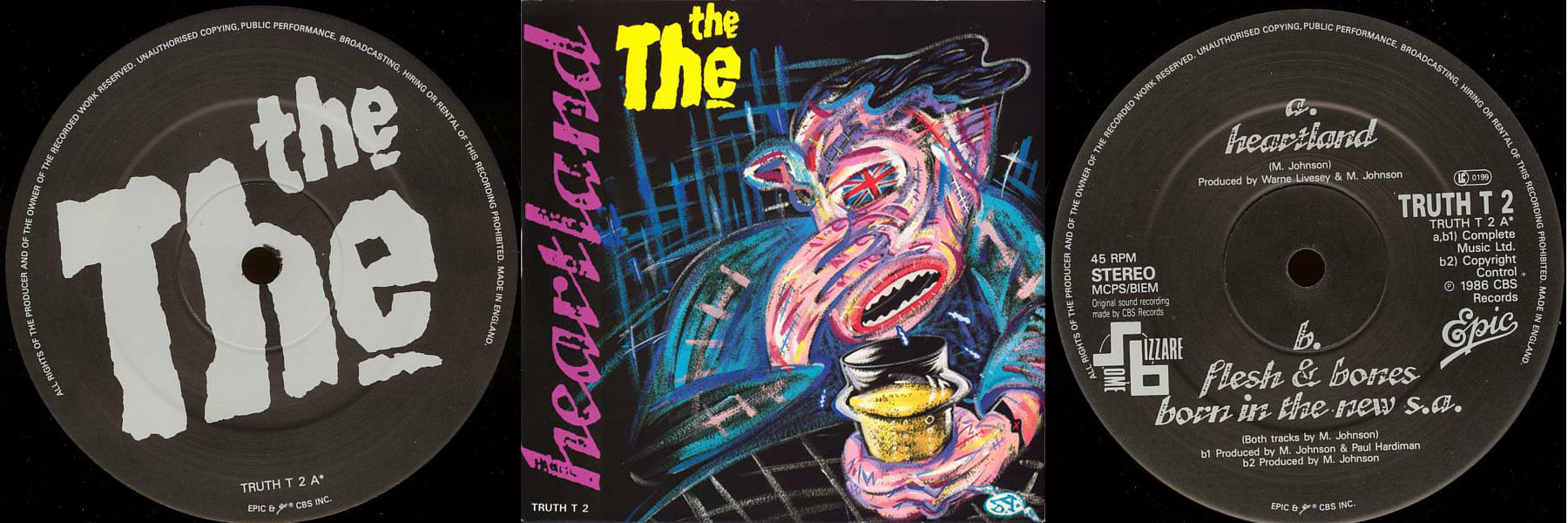
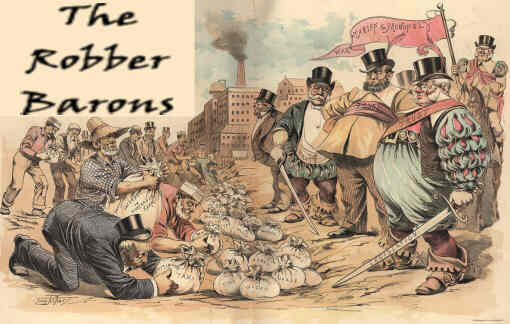

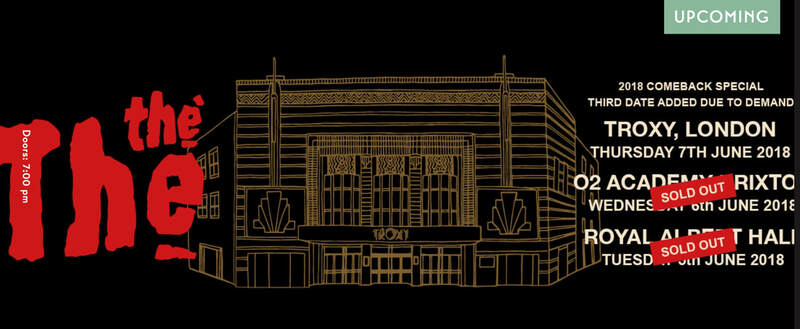
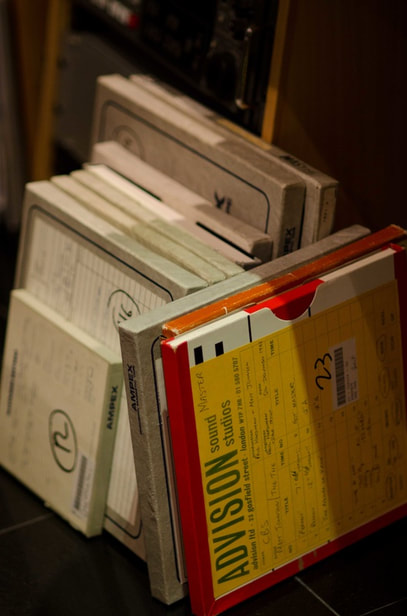
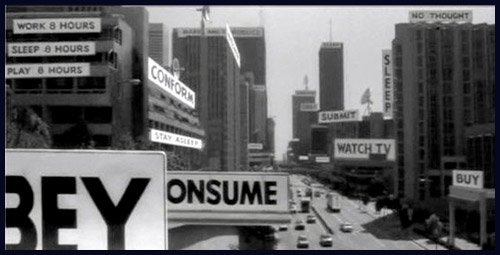
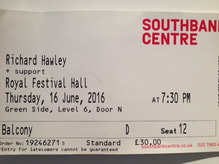
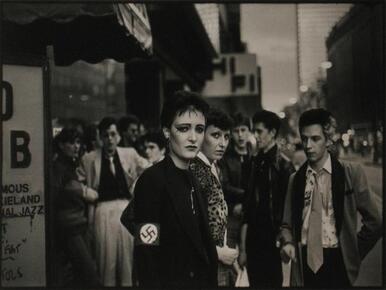
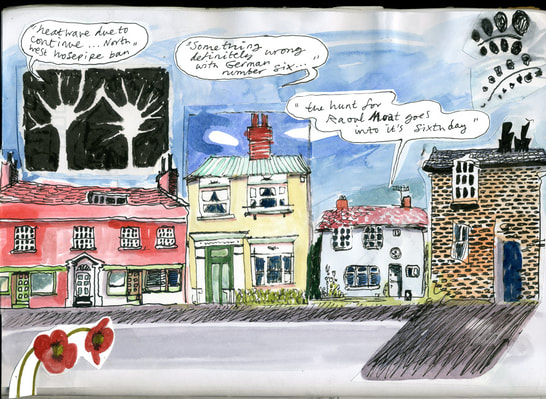
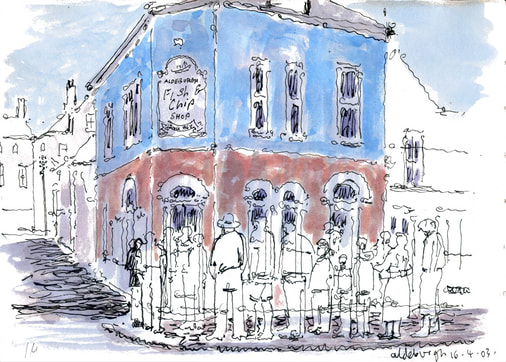
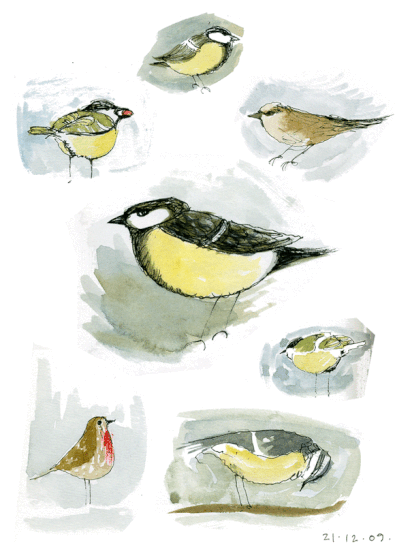
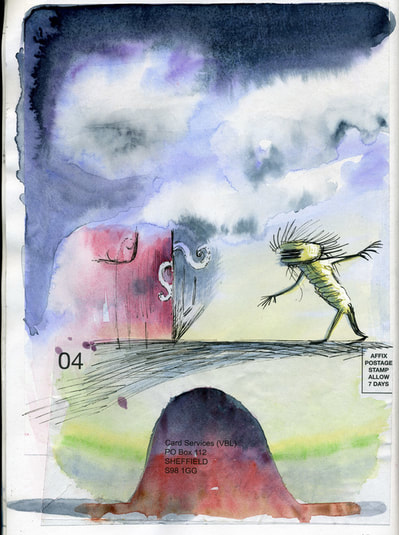
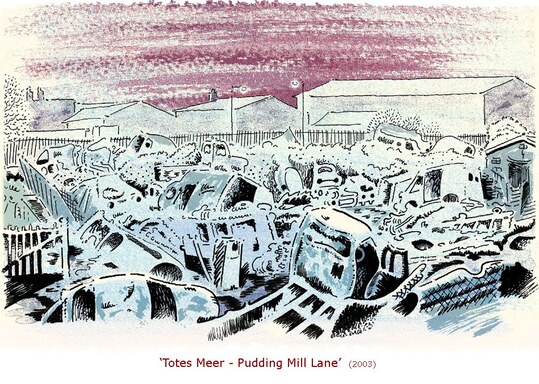
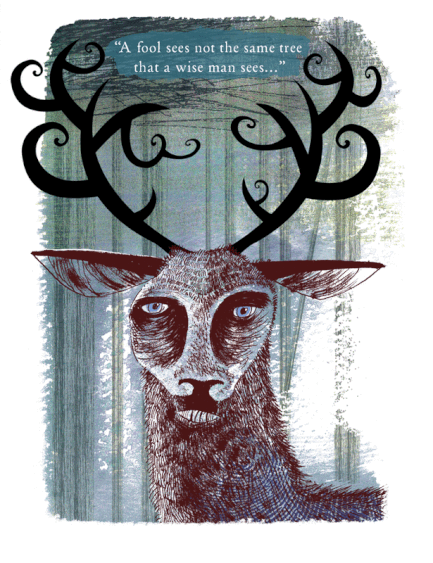
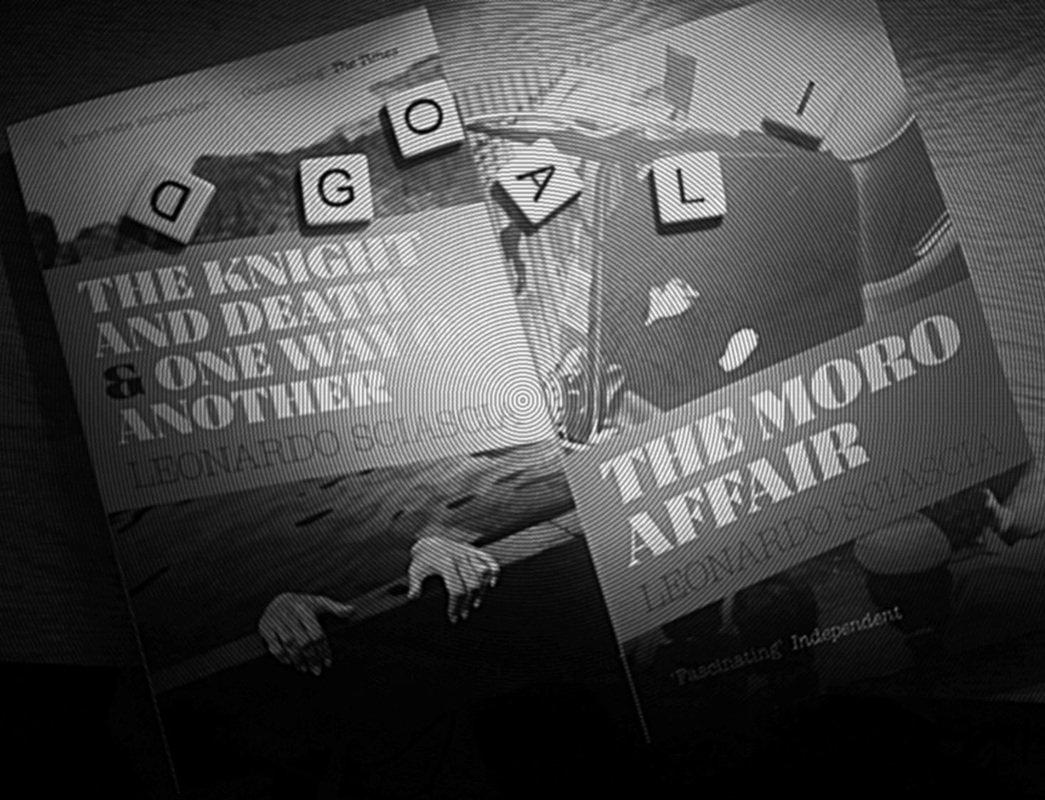
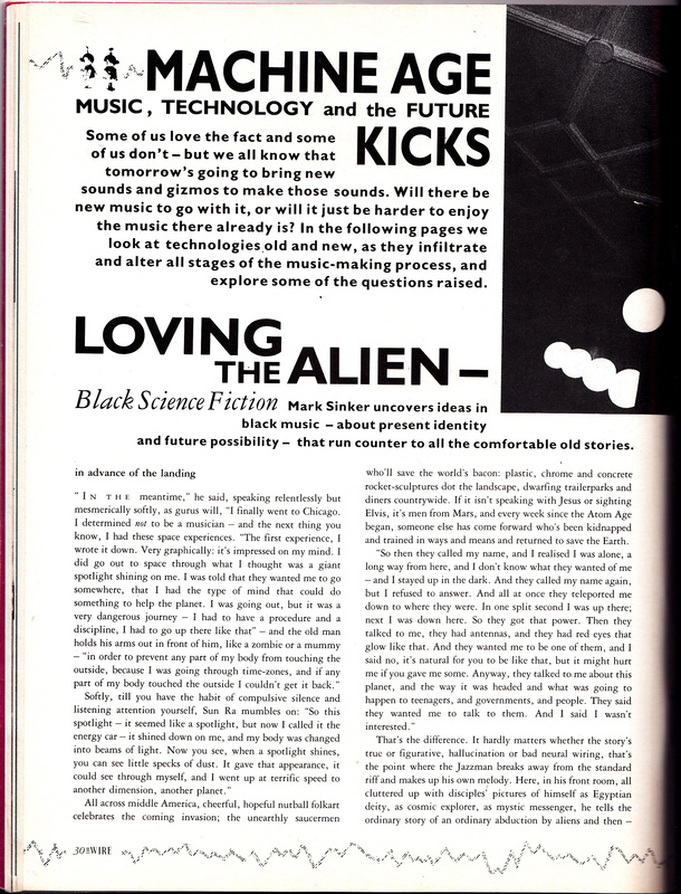
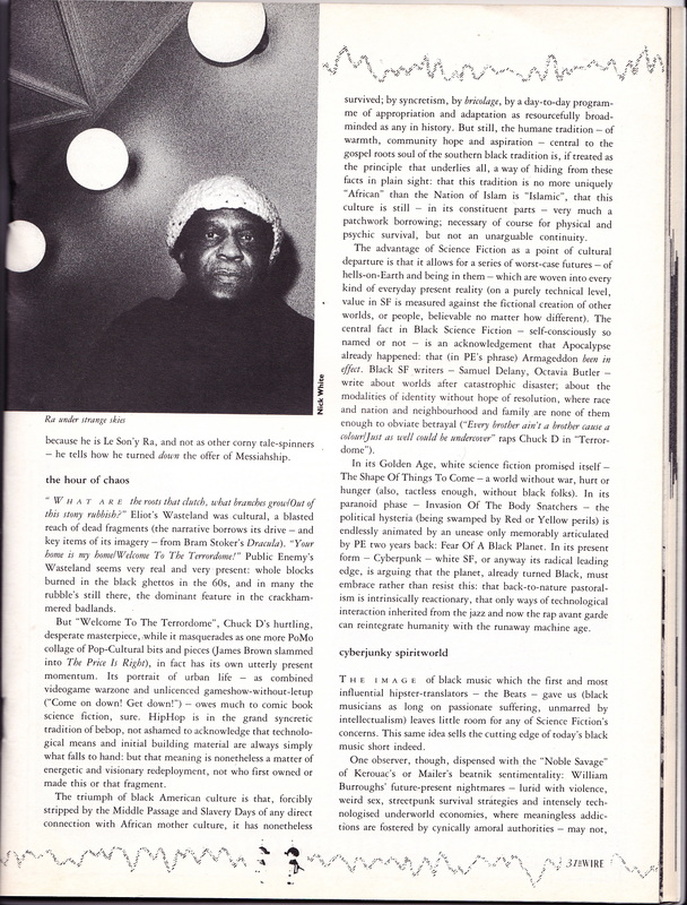
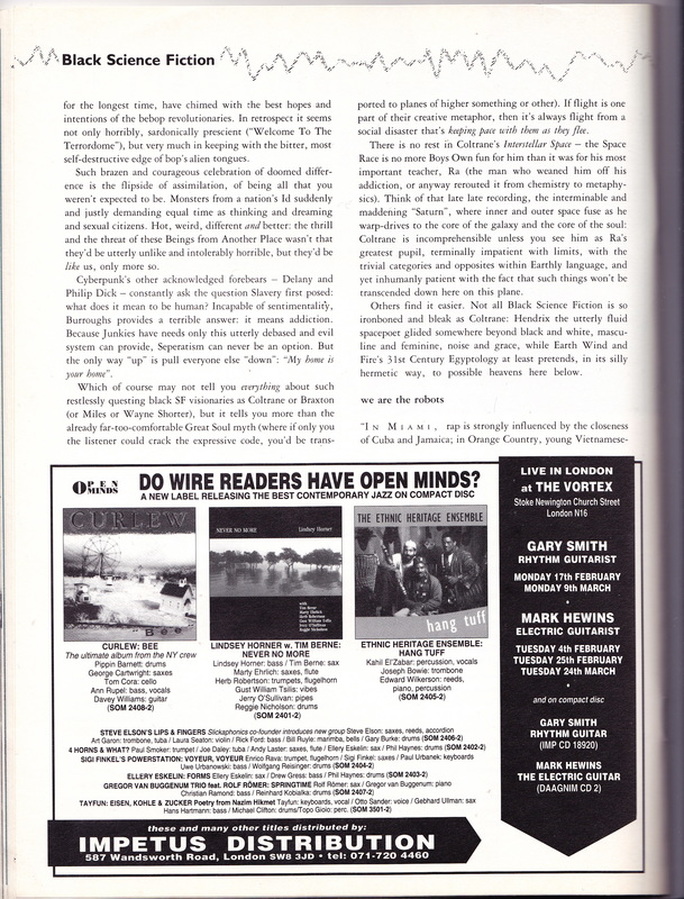
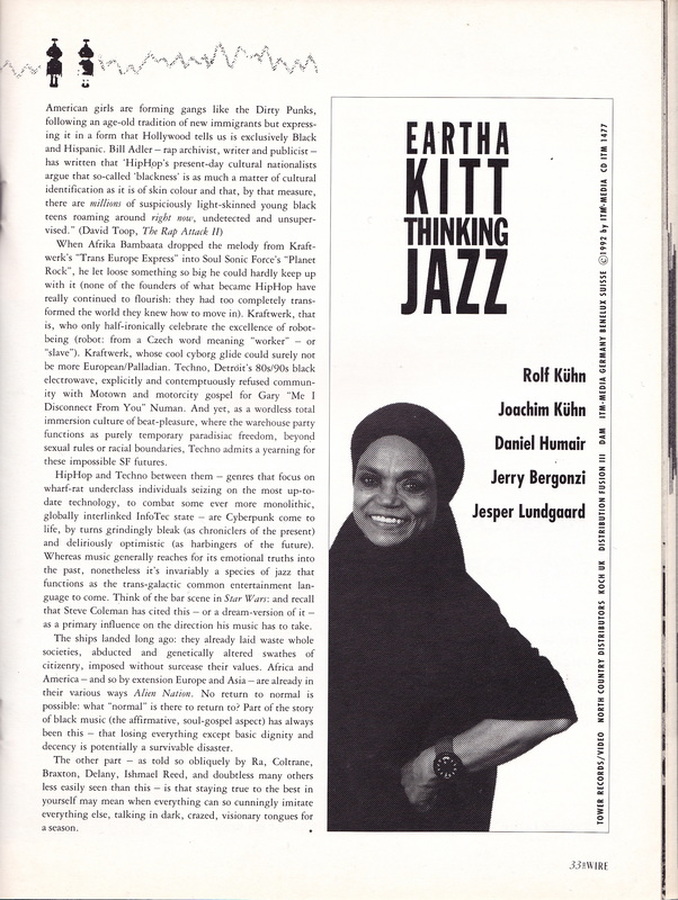
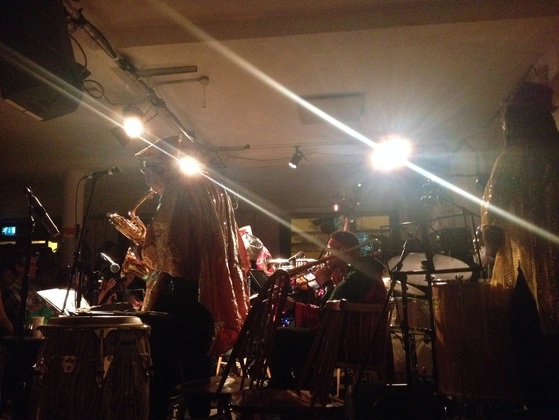
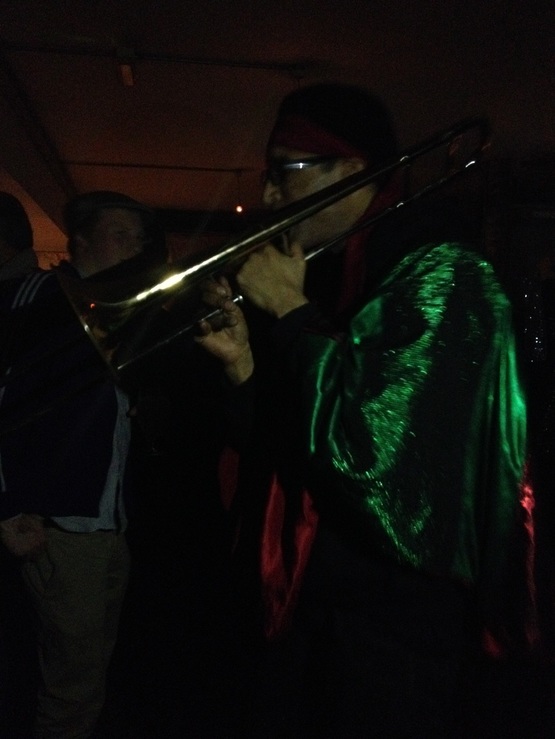
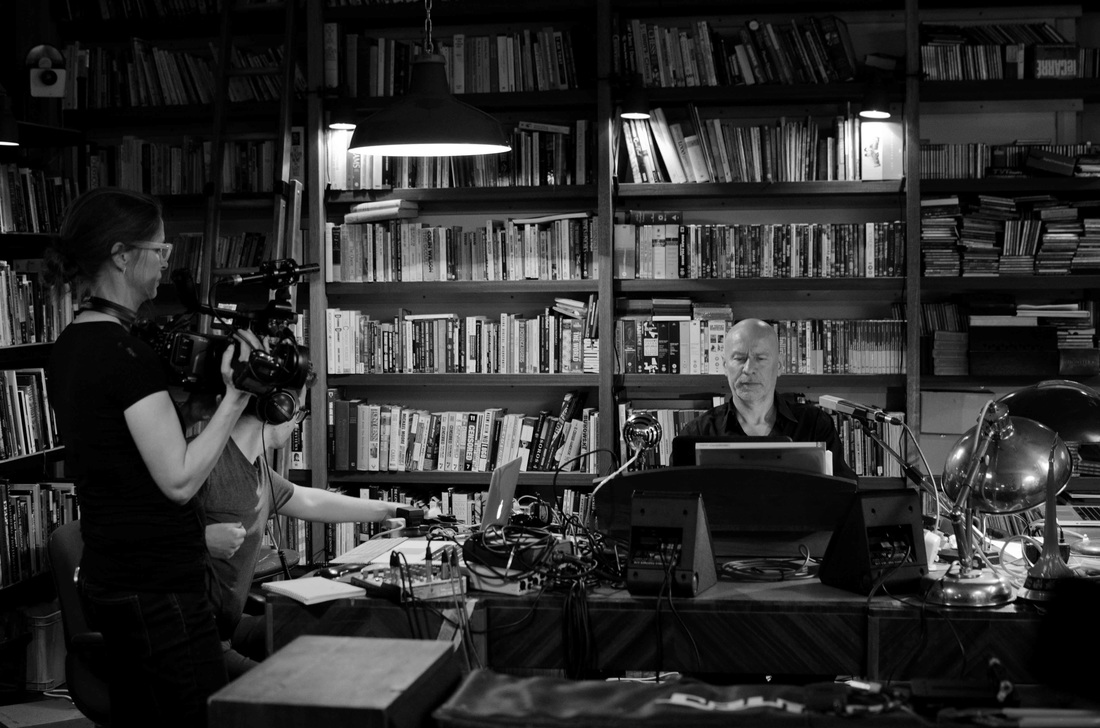
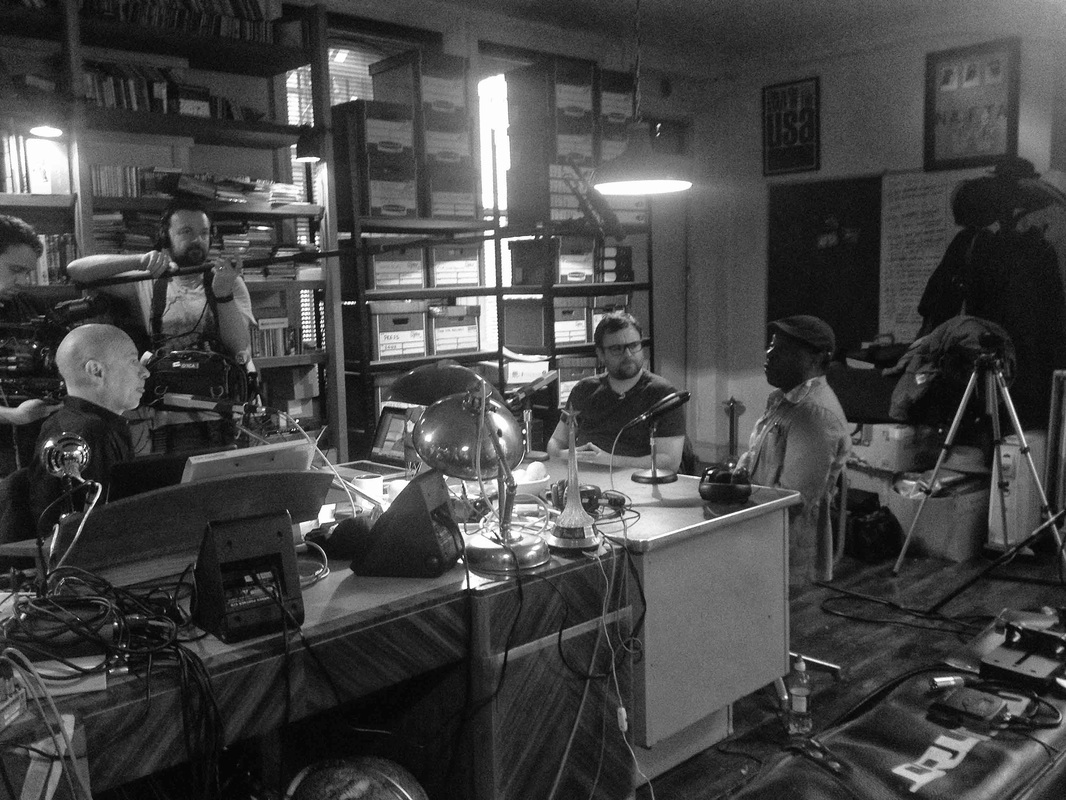
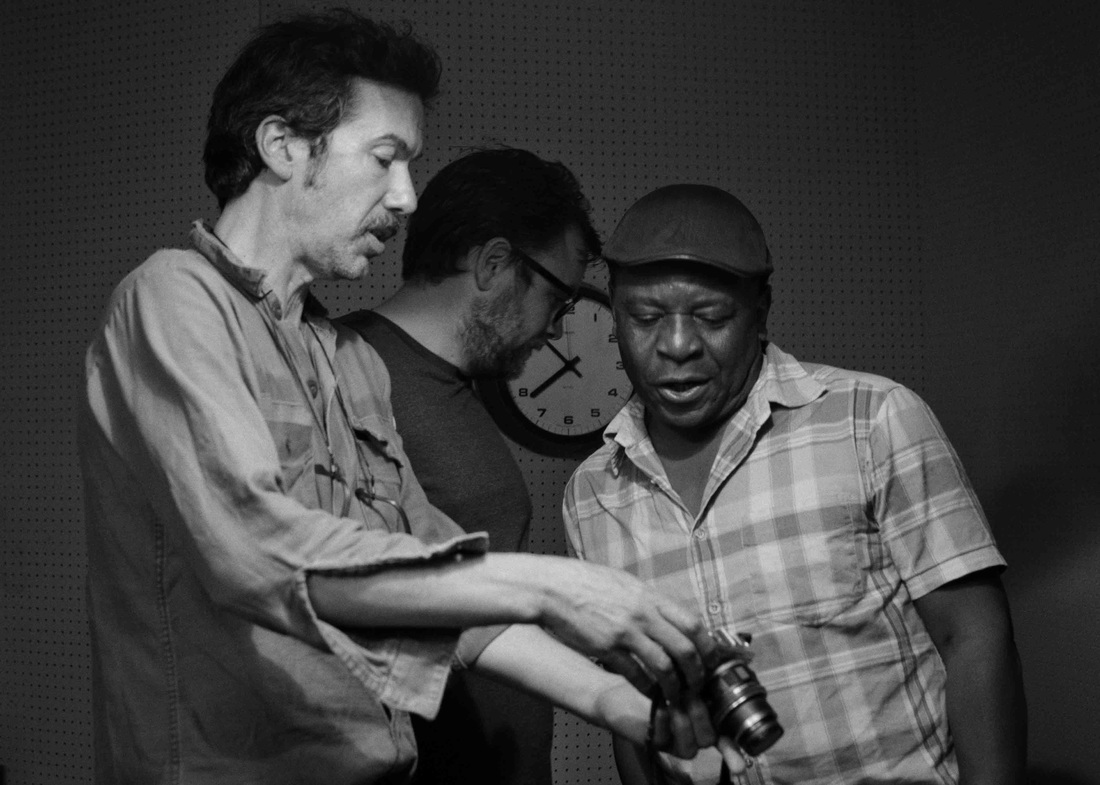
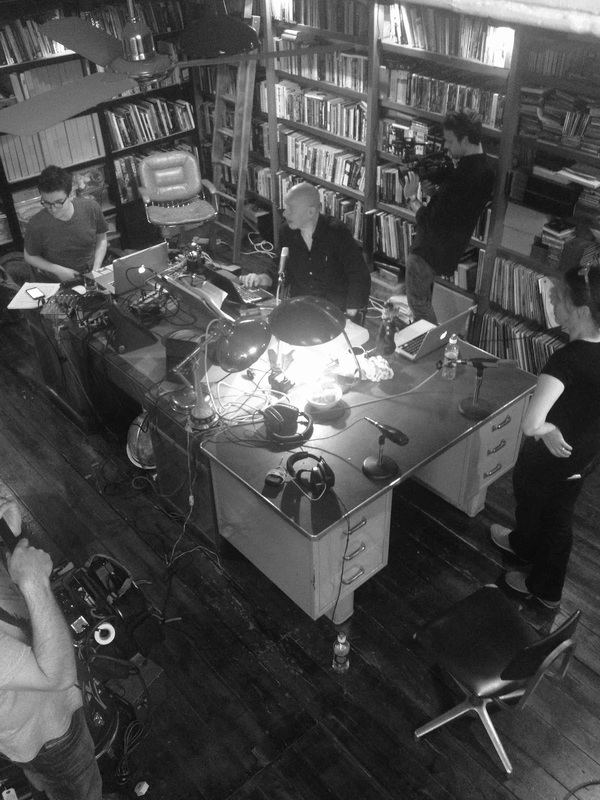
 RSS Feed
RSS Feed